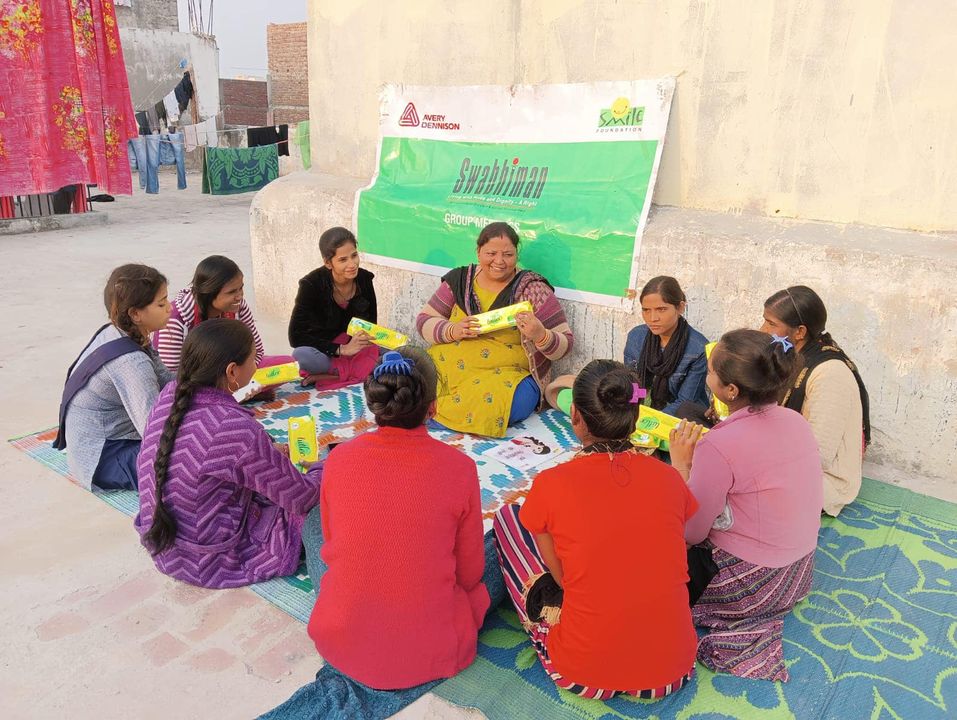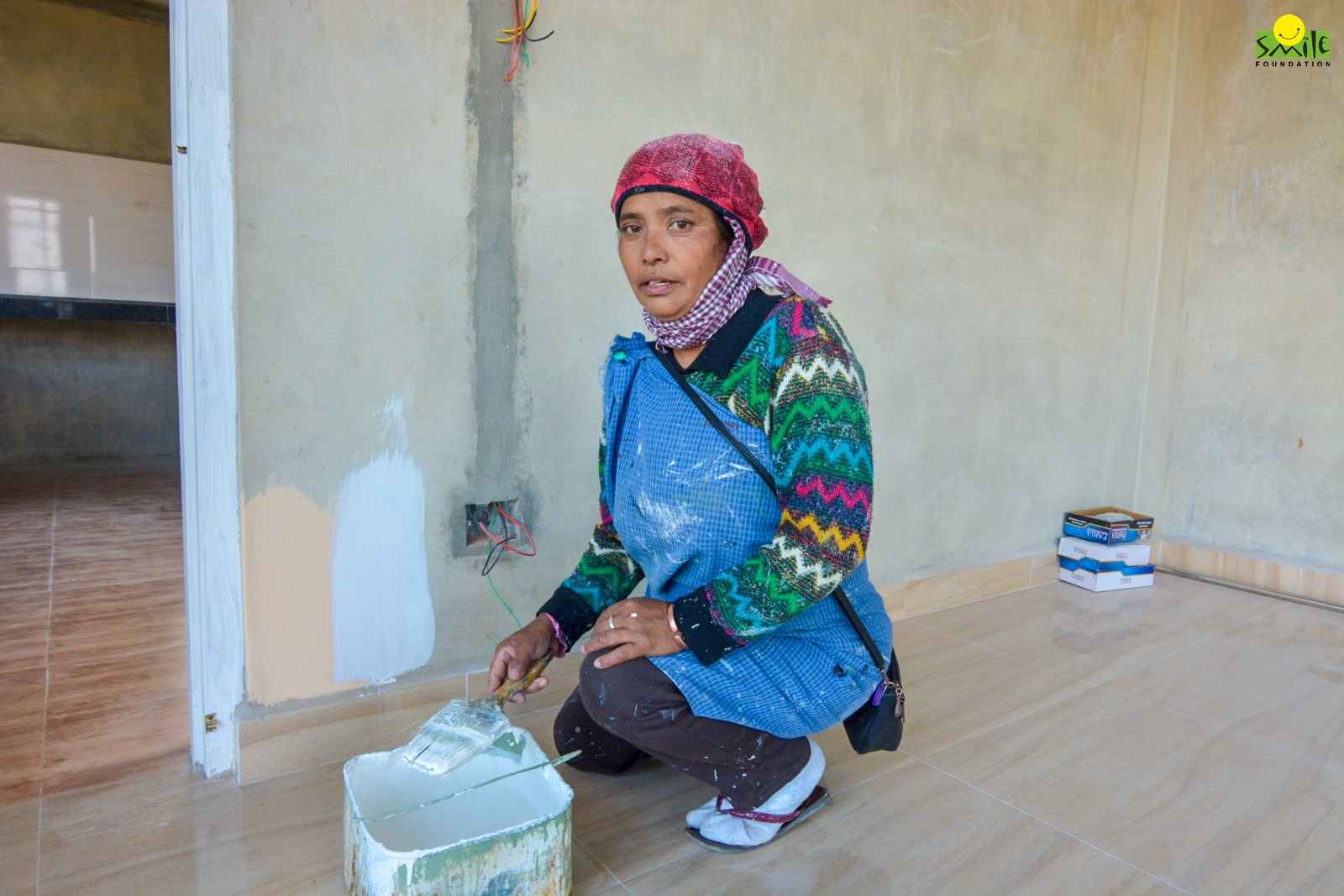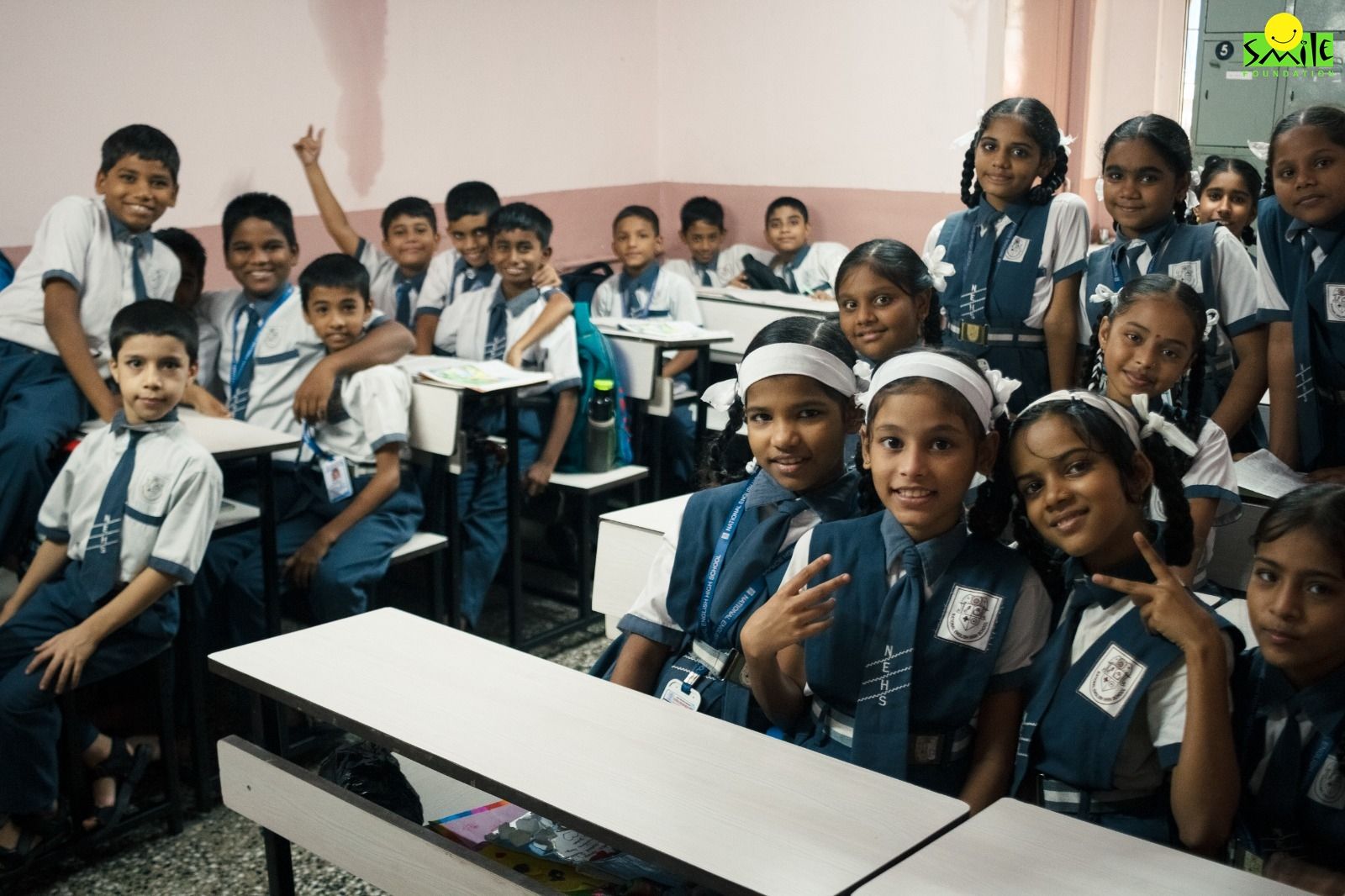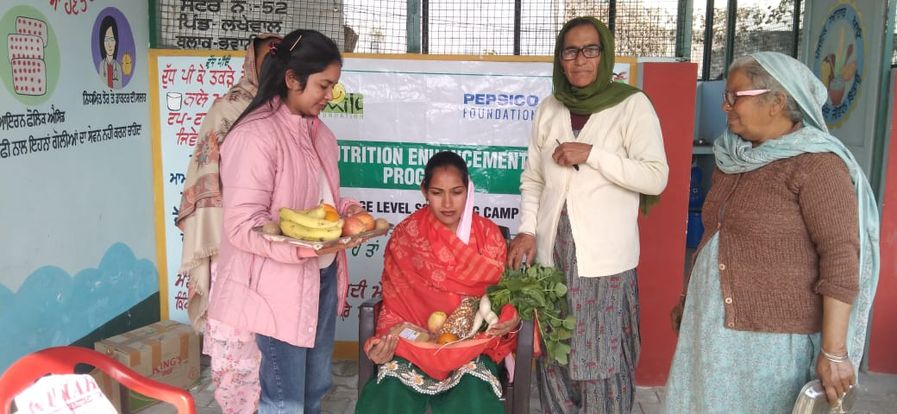Many young school girls struggle with managing their menstruation days schools lack proper sanitation facilities and access to sanitary pads. This leads them to miss school several days every month, causing them to fall behind in their studies. The importance of menstrual hygiene for girls in schools cannot be overstated. It is crucial to ensure that girls succeed and achieve their dreams.
Importance of Menstrual Hygiene
“Every girl has the right to manage her menstruation safely and with dignity. When girls are forced to stay home due to a lack of menstrual hygiene products or facilities, their education is disrupted, and their potential is limited. By investing in menstrual hygiene management, we can unlock girls’ potential and accelerate progress towards gender equality.”
Henrietta Fore UNICEF’s Executive Director
Menstrual hygiene is crucial for the health, dignity, and well-being of girls and women. Poor menstrual hygiene practices can lead to a range of health issues, including infections, rashes, and other long-term complications.
In addition to physical health risks, the lack of access to menstrual hygiene facilities can also affect girls’ education and social participation. Girls not having access to sanitary pads or private toilets may miss school during their periods or drop out altogether. This can have long-term consequences on their education and economic opportunities.
In a 2019 study, the World Health Organisation (WHO) discovered that almost half of the schools across the world did not have enough handwashing facilities. When considering the least developed countries, this percentage rose to 70 percent. Furthermore, the taboo and shame surrounding menstruation can affect girls’ self-esteem and confidence.
Promoting menstrual hygiene and providing access to adequate sanitation facilities and menstrual products is not only a matter of public health and human rights but also a key factor in achieving gender equality. When girls are empowered to manage their menstrual hygiene safely and with dignity, they can participate fully in society. They can pursue their education and career goals, and contribute to their communities and economies.
Role of Schools in Menstrual Health and Hygiene
Schools play a crucial role in promoting menstrual health and hygiene among girls. Menstruation is a natural process that affects half of the world’s population, but there is still little awareness about it.
Schools can help break down the knowledge barriers by providing comprehensive menstrual education. Education that covers topics such as the menstrual cycle, hygiene practices, and menstrual product options. This can help girls understand their bodies better and promote better hygiene practices, such as using sanitary pads in India, which can reduce the risk of infections and other health complications.
In addition to education, schools can also provide access to menstrual products, including sanitary pads for schools. Special mention should be made of differently-abled girls in India who face barriers to accessing menstrual products. This can lead to missed school days and reduced academic performance. By providing sanitary pads for schools, schools can ensure that girls have access to essential menstrual products and do not miss school due to their menstruation.
Furthermore, schools can create safe and supportive environments for girls during menstruation. This can include the provision of private and hygienic restroom facilities, adequate disposal facilities for menstrual products, and access to clean water for washing hands and menstrual products. Schools can also train teachers and staff to be supportive of girls during their periods and create an environment where menstruation is normalised and not stigmatised.
Schools Leading The Menstrual Health Cause
By taking these steps, schools can promote menstrual health and hygiene among girls and contribute to a more equitable and inclusive society. Improving menstrual health and hygiene can help girls stay in school, reduce the risk of infections and other health complications, and empower girls to take control of their reproductive health.
In conclusion, schools play a critical role in promoting menstrual health and hygiene among girls. By providing comprehensive menstrual education, access to sanitary pads for schools, and creating a supportive environment, schools can help break down the stigma surrounding menstruation and promote better health outcomes for girls.
Recently, the Supreme Court has asked the centre to frame a uniform national policy to ensure menstrual hygiene by providing sanitary pads, vending and disposal mechanisms and exclusive washrooms for girl students in schools. The importance of menstrual hygiene for school girls is finally making a noise where it matters.
Smile Foundation and Menstrual Hygiene of School Girls
Smile Foundation contributes to the importance of menstrual hygiene for girls in schools through its Swabhiman programme.
Under this programme, Smile Foundation provides menstrual health and hygiene education to adolescent girls. The programme also distributes sanitary pads to girls in need, ensuring that they can manage their periods hygienically and without shame.
Breaking the taboo surrounding menstruation and promoting awareness, we intend to create an environment where all school girls thrive.









2 replies on “Importance of Menstrual Hygiene for Girls in Schools ”
Small initiation brings a great change…i suits to smile foundation….
The information is educative